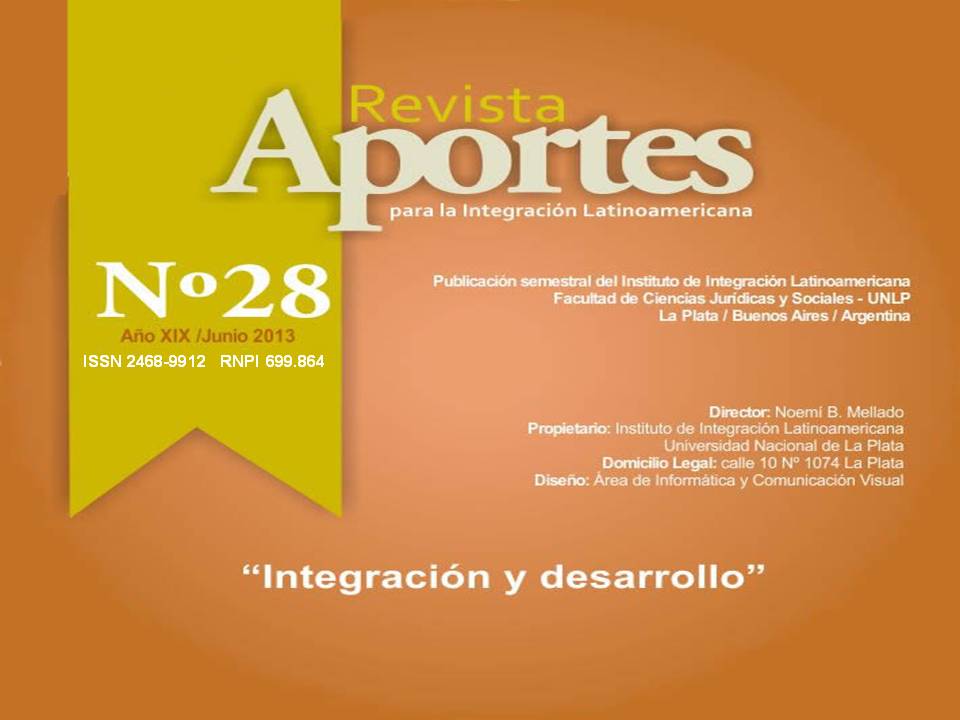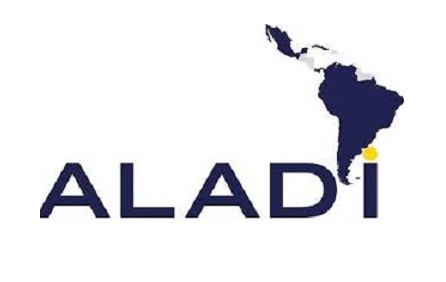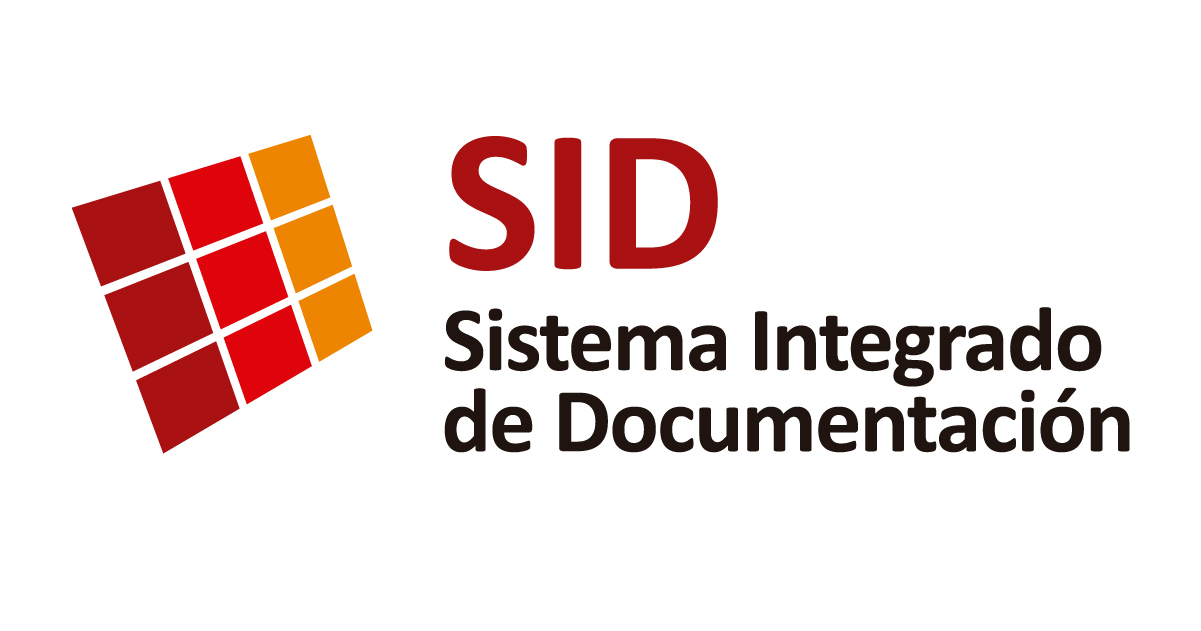Global value chains, climate change and discussions for the revision of international economic law
Keywords:
Global Value Chains, Climate Change Mitigation, Global Public Good, International Economic Law, Free Trade AgreementsAbstract
This article looks at some relationships between economic and political views and legal proposals on global value chains and climate change conceived a world wide phenomenon. To see this linkage it should be noted that in the current literature are frequent misdiagnosis about technological innovations and the operation of the international economic system. If carried into practice, rules based on those mistakes in diagnosis would be entirely unfeasible.
At the starting point, the concepts of globalization and free trade usually are treated as if they were synonyms. Therefore it is unknown the role of national states to reduce the undesirable residents operates as a feed back because it favors the global economy itself in order to regulate the rate of depreciation of goods and services as they are forced out of the markets by successive waves of technological innovation.
But what does “protect residents” means from the requirements imposed by this global economy? It means systematically negotiate under the umbrella of reciprocity. The contribution of so-called “free trade agreements” (FTA) is still not sufficiently appreciated. They have become the instrument to negotiate on the basis of reciprocity measures for a variety of for issues among which are the value chains and climate change mitigation.
On one hand this paper analyzes trade policy proposals based on misdiagnosis and, on the other hand, trade policy regulations effectively applied by WTO, FTA and national law with regard to global value chains and against pollution and environmental degradation: customs duties, non-tariff restrictions, rules of origin, facilitation, transparency, subsidies, trade in services, investment and intellectual property.
In short, the author attempts to recreate a more realistic legal approach and therefore more suited to the demands of sustainable development.
Finally, the paper challenges the tendency of developing countries to subscribe to misdiagnosis and simply ask special and differential treatment that will deeper over time technological gaps with the developed world. In contrast, the author suggests focusing efforts for assistance and linking technological and financial cooperation to trade and economic negotiations.
Downloads
Metrics
Downloads
Published
How to Cite
Issue
Section
License
Obras bajo licencia CC-BY-NC-ND
Esta licencia no permite la generación de obras derivadas ni hacer un uso comercial de la obra original, es decir, sólo son posibles los usos y finalidades que no tengan carácter comercial.


































